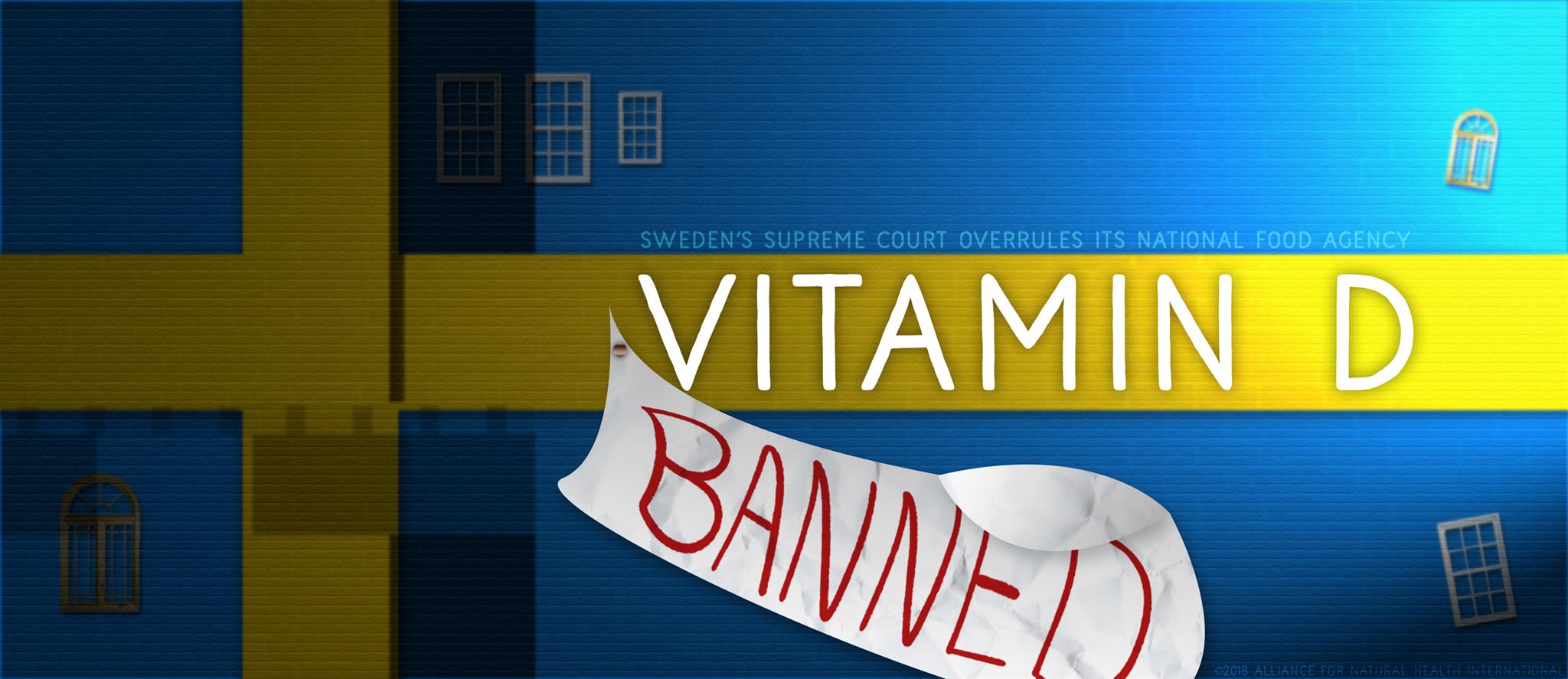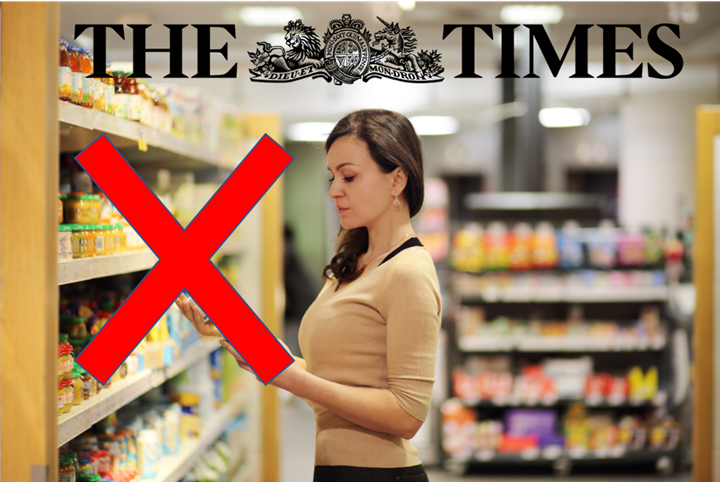Content Sections
In a precedent-setting case, on 13thNovember 2018, the Supreme Administrative Court (SAC) of Sweden ruled that Swedish municipalities that imposed a ban on food supplements contravened both Swedish and EU law. The case was brought by the Nordic Food Supplements Alliance, a group of 12 companies composed of manufacturers, distributors and health food stores, that has been fighting the bans for over 3 years. Given that only around 2% of cases requiring precedent-setting verdicts get the green light to be seen by the SAC each year, this is a significant victory and justice has been done.
Gross errors of Sweden’s National Food Agency
The National Food Agency’s handbook in Sweden, ‘Kontrollwiki’, issued in 2015, contained instructions to the 290 municipalities – each governed by their own control authorities – on how to implement controls of food supplements and other items.
However, the handbook mistakenly used the European Food Safety Authority’s (EFSA) 2006 recommended ‘Tolerable Upper Limits on vitamins and minerals’ as legally binding maximum permitted levels (MPLs). Whilst the European Food Supplements Directive (2002/46/EC) did originally intend to set harmonised MPLs, this has never actually transpired. Hence, Swedish municipalities have been contravening Swedish and EU law whilst denying citizens vitamin and mineral products necessary to maintain health, as well as causing considerable financial losses for companies.
Speaking on behalf of the Nordic Food Supplements Alliance, Rolf Forsland, of Kenkou Selfcare AB, one of the companies seriously impacted by the National Food Agency’s erroneous information to municipalities, said,
“There are no official, legally binding maximum permitted levels (MPL´s) threshold values for vitamins or minerals, neither under Swedish law nor within the regulatory framework of the European Commission. On the other hand, food supplement contents are regulated by the Food Supplement Directive 2002/46/EC, issued by the EU Commission with the aim of harmonising the trade of food supplements, and which is incorporated into Swedish law.”
Forced to go legal
Despite a significant number of protests by business owners and lawyers in Sweden, no amendments have been made to the gross errors in ‘Kontrollwiki’. Municipalities are still being encouraged to impose sales bans and to submit reports to the EU’s Rapid Alert System for Food and Feed (RASFF) if food supplements are found to exceed the TULs.
Forsland explains that, “This means that Swedish municipalities are being encouraged to act arbitrarily, without any legal basis and that the crucial RASFF system is being abused. This is very dangerous, as it undermines the system’s vital functions.”
Over the last few years some European national authorities have instituted actions given the European Commission’s decision to delay its planned harmonisation of maximum (and minimum) levels of vitamins and minerals in food supplements. Sweden, Netherlands, Belgium and Italy, specifically, have brought in knee-jerk restrictions affecting vitamins B6 and D in particular, based largely on irrelevant data.
Just last week, ANH-Intl reported that the RASFF portal has become a very important mechanism of communication between regulators from different EU member states. Our analysis of notifications over the last 12 months revealed that the UK has in the last 12 months filed more notifications concerning food supplements than any other EU member state, closely followed by Sweden.
Rob Verkerk PhD, commenting on the misuse of the RASSF portal, said,
“Many national authorities are starting to report high-dose vitamins suggesting that these doses pose a genuine threat to health among users. That’s more perverse than suggesting milk or wheat are dangerous given the proportion of the population that are dairy or gluten sensitive, respectively. The problem is regulators don’t on the whole understand the over-use of safety factors in the development of TULs, or the fact they’re based on the most risky forms of nutrients and the most sensitive population groups. They understand even less about those who benefit from higher doses.”








Comments
your voice counts
05 December 2018 at 7:22 pm
.. The problem is regulators don’t on the whole understand.. They are not interested in understanding anything to do with health/optimum nutrient levels.. The only thing that matters for them are the suitcases full of money they must be getting from BIG: Food, Pharma and Biotech. Otherwise why would they bother.. it costs them nothing to allow individuals to mega-dose with nutrients of choice, just as they allow unlimited alcohol, smoking, MSG, Aspartame, sugar, HFCS, cooking in aluminum and black non skid, microwave ovens, GMOs, palm oil, fish sauce, nitrates, etc etc that are all well documented to do HARM.
06 December 2018 at 9:00 am
Congratulations also to ANH for your support!
Your voice counts
We welcome your comments and are very interested in your point of view, but we ask that you keep them relevant to the article, that they be civil and without commercial links. All comments are moderated prior to being published. We reserve the right to edit or not publish comments that we consider abusive or offensive.
There is extra content here from a third party provider. You will be unable to see this content unless you agree to allow Content Cookies. Cookie Preferences